Podcast: Play in new window | Download | Embed
President Jimmy Carter at Elmendorf Air Force Base, Anchorage, Alaska, July 7, 1980. (Photo: Douglas C. Gruben / Public Domain)
A series of remembrances for President Jimmy Carter begins in Georgia Saturday and culminates next Thursday, with a national day of mourning.
But as Rhonda McBride from our flagship station KNBA tells us, there are also reflections about the president’s lasting impact on Alaska.
President Carter was known as Nahoowoo in Southeast Alaska.
The Deishetaan Clan of Angoon gave him the name, when it adopted him sometime in the late 1970’s.
The Lingít name belonged to Billy Jones, who at the age of thirteen witnessed the bombardment of Angoon by the U.S. Navy in 1882.
His account was the basis for an apology to the village, the Navy secretary made this past October, 142 years later.
Rosita Worl, president of the Sealaska Heritage Institute, says Carter took one of the first steps in that long process.
“He was the first president, actually, that listened to their story.”
View this post on Instagram
Angoon is on Admiralty Island, which Carter turned into a national monument in 1978. In 1980, he added more environmental safeguards through the Alaska National Interest Lands Conservation Act (ANILCA).
ANILCA also doubled the size of Alaska’s national parks and refuges and set aside more than 50 million acres as wilderness.
Conservationists hailed the legislation as one of Carter’s greatest achievements, while resource development leaders said it locked up too much land.

The Lingít name for Admiralty Island is Kootznoowoo, which means Fortress of the Bear. The island has the largest concentration of brown bears in the world. (Public Domain)
For Alaska Natives, ANILCA added more protections for hunting and fishing, which Worl says should have been stronger.
“It’s not perfect, but without it, we wouldn’t have had the protections we had.”
Worl says those protections are still a good platform to strengthen policies to protect the Alaska Native subsistence lifestyle. But Worl says Carter’s most important legacy – the example he set as a leader up until his death last month at the age of 100 …
“He cared for humanity. And he proved it by doing the work himself. That’s a trait we admire.”
Worl says Garfield George of the Deisheetaan will represent the Lingít at President Carter’s memorial service in Washington D.C.
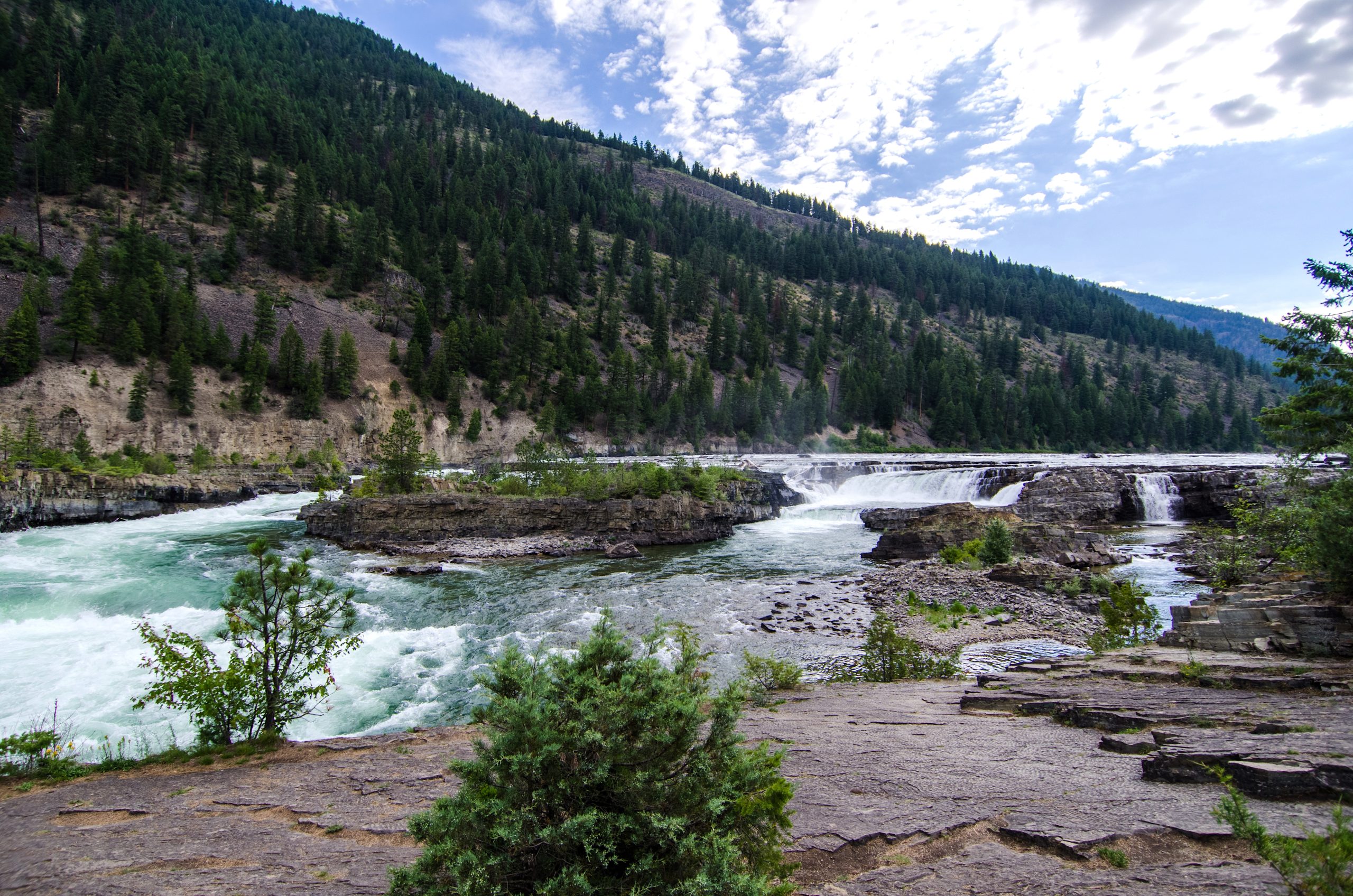
Kootenai Falls in Montana. (Photo: Jeff Hitchcock / Flickr)
Cross-border governing bodies are taking steps to address mining pollution coming from Canada.
Eric Tegethoff has more.
Coal mining pollution in the Kootenai River has flowed into Montana for more than a century and affected water quality hundreds of miles downstream.
Selenium is the biggest concern. It can harm fish and other wildlife at high concentrations.
Tribes in the region have been at the forefront of addressing the issue.
Tom McDonald, vice chair of the Salish and Kootenai Tribal Council, is among those leading efforts.
“It’s just elevated every year and they keep expanding and getting bigger and the problem keeps getting worse and it keeps moving downstream. It’s affected the water course in the Kootenai River for nearly 400 miles, into Montana, into Idaho and then back up into Canada.”
The International Joint Commission settles boundary waters differences between the U.S. and Canada.
It has announced the formation of a governance body to address pollution in the Kootenai River.
The body will set up a cleanup plan over the next two years.
The governance body set up to address the issue is composed of eleven governments, including tribal governments, the states of Idaho and Montana, and the Canadian province of British Columbia.
McDonald emphasized the issue comes down to the regulatory responsibility of British Columbia.
“If they were just enforcing the rules and regulations that they’re supposed to be doing, I don’t think we would even be here today. So they haven’t been doing their job and so it’s really laying more eyes on it, putting more pressure on to enforce their rules and regulations and then mitigation packages.”
The Canadian company NWP Coal is proposing a new mine in the same watershed as the existing coal mines.
The company claims its project will not increase selenium contamination, but does not address the current pollution issue.
Get National Native News delivered to your inbox daily. Sign up for our daily newsletter today.

 16 bills investing in Native communities were passed by the U.S. Senate in 2024, led by U.S. Sen. Brian Schatz (D-HI), according to the U.S. Senate Committee on Indian Affairs.
16 bills investing in Native communities were passed by the U.S. Senate in 2024, led by U.S. Sen. Brian Schatz (D-HI), according to the U.S. Senate Committee on Indian Affairs.



 The Indian Health Service and the Chickasaw Nation are signing an agreement Monday for the development and operation of a new medical center in Newcastle, Okla.
The Indian Health Service and the Chickasaw Nation are signing an agreement Monday for the development and operation of a new medical center in Newcastle, Okla.
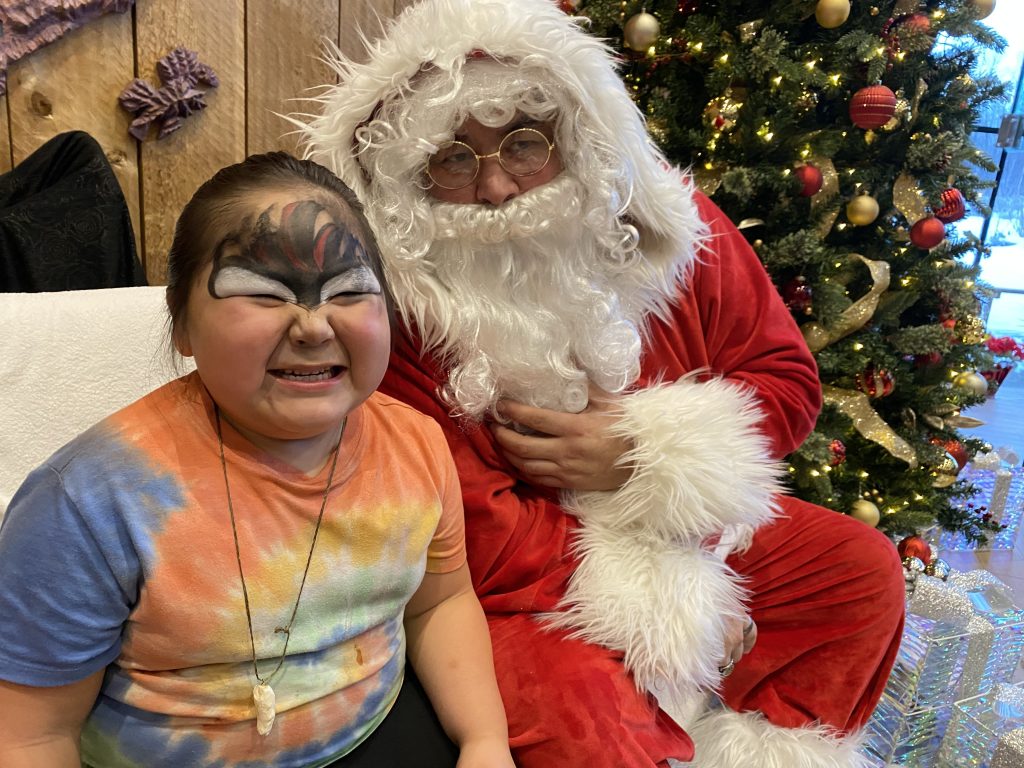
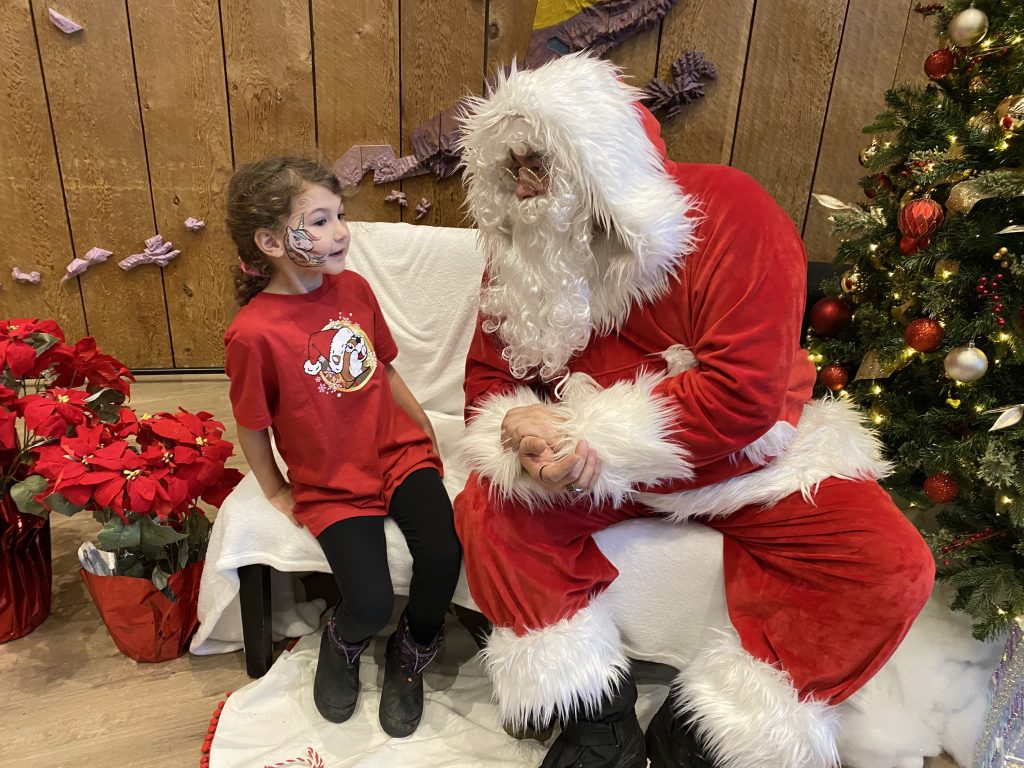
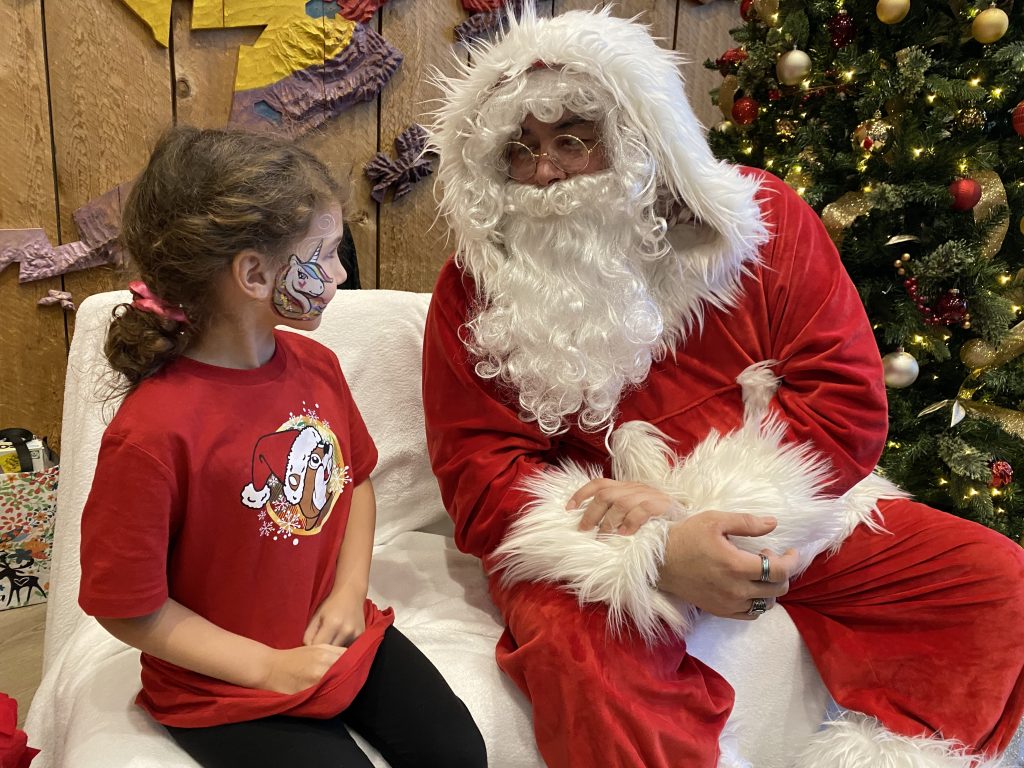
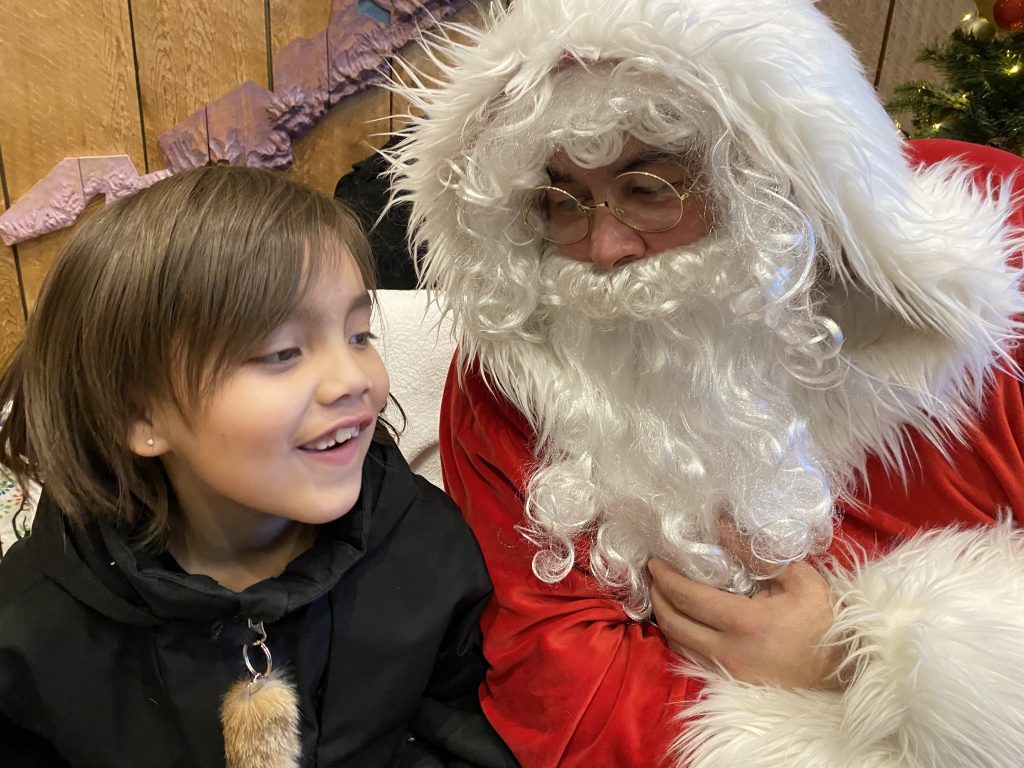



 Arizona State University has developed a new tool researchers hope will help analyze connections between illnesses and health determinants within Indigenous populations.
Arizona State University has developed a new tool researchers hope will help analyze connections between illnesses and health determinants within Indigenous populations.